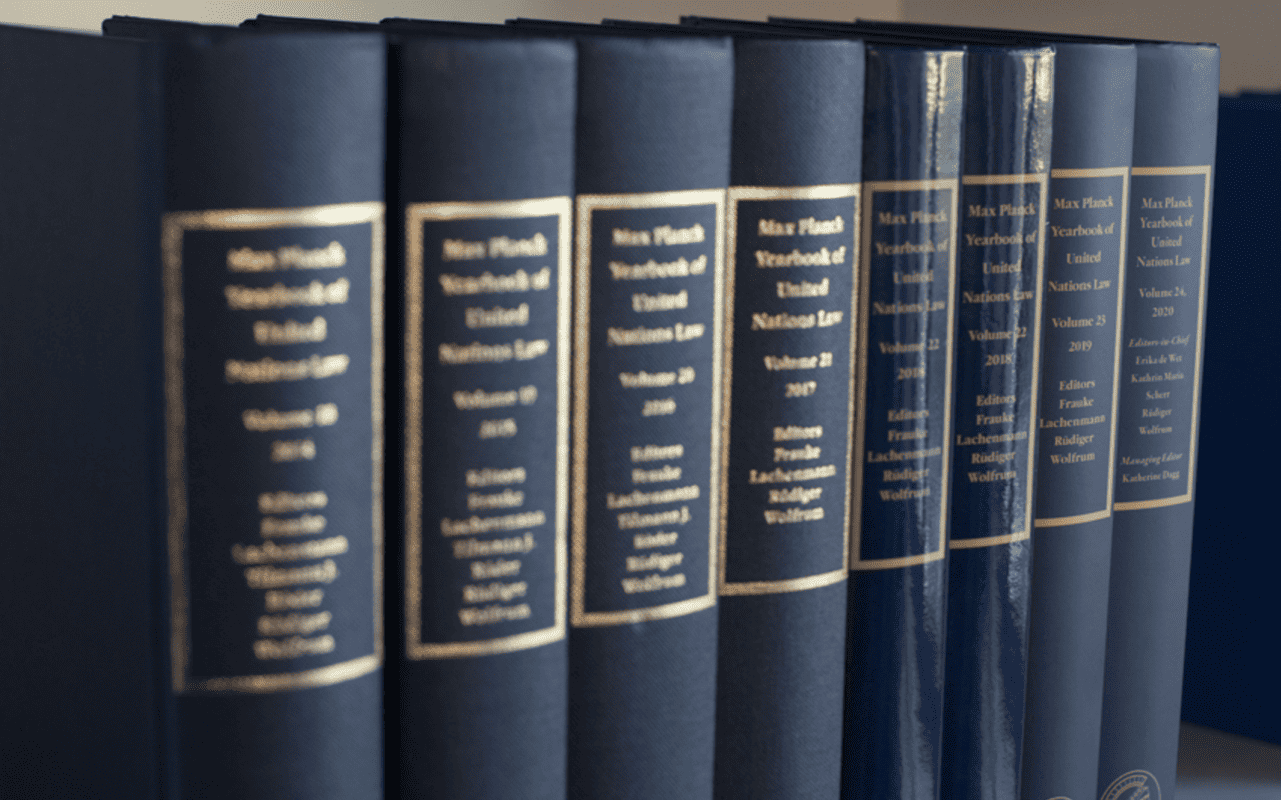Special thematic forum – ‘Assessment of the International Law Commission: the past, present, and future‘.
The International Law Commission (ILC) was formally established as a subsidiary organ of the UN General Assembly in 1947, by its Resolution 174(II). Under its statute, the object of the ILC is the promotion of the progressive development of international law and its codification.
Throughout the years, the work of the ILC has had a significant impact on the progressive development of public international law on a wide range of topics – having compiled over 25 draft texts since its inception. The conventions that have been adopted based on the drafts prepared by the ILC are at the heart of international relations among states. With recently adopted texts covering the topics of peremptory norms and the protection of the environment in relation to armed conflict, the ILC continues to address issues of contemporary significance and global importance.
As 2024 will mark the 75th anniversary since the first session of the ILC – the UNYB issues a special call for papers providing contributors a thematic forum to critically assess the ILC’s relevance throughout these years, and also engage in debates on the future of the ILC’s work. Keeping the ILC as the central focus of this special volume, possible (non-exhaustive) research areas for engagement would be:
- Examination of specific topics and sub-topics considered by the ILC
- The role of explanatory reports and commentaries provided by the ILC
- The balance between the objectives of progressive development and codification as per the ILC Statute
- Paradigm shift in the ILC’s output over the years: for example, draft articles to documents intended to remain non-binding (ie, conclusions, principles, and guidelines not envisaged in Art. 20 ILC Statute)
- Procedural aspects of the ILC such as election of its members, regional and gender balance, structure of the ILC and methods of work
- The ILC’s output as a source of international law under Art. 38(1)(d) of the ICJ Statute
- The future of the ILC’s impact in developing and codifying international law
- The revision of existing international rules by the ILC
- The role of the ILC in addressing non-compliance and non-implementation of international law
Submission Guidelines:
We invite anyone interested in contributing to this edition to submit at first instance, an abstract proposal of no more than 500 words by 1 July 2023. Authors are encouraged to focus closely on a particular line of legal argumentation or a specific niche within this broader debate.
In your abstract submission, please include i) the working title; ii) the main arguments to be developed in the article; and, iii) a brief explanation on how the topic fits within the scope of the Max Planck Yearbook of United Nations Law. Please submit your proposal in a Word document, along with a short bio (max 100 words) in the cover letter delivered by email to .
The usual length of an article featured in the Yearbook is between 8,000 and 14,000 words, though for this thematic forum, we are also open to receiving proposals of opinion notes with a shorter word count as well. Following a positive assessment of their abstract proposal, authors will be instructed to submit a full draft of their manuscript by 15 October 2023, which will then be placed through our double-blind peer-review process for consideration of final publication.
In addition to featuring manuscripts pertaining to the thematic scope of this volume, we will also be featuring selected articles that fall within the overall editorial line of the Yearbook. As such, we encourage authors to send in their proposals for consideration in accordance with the same deadline and requirements indicated above.

